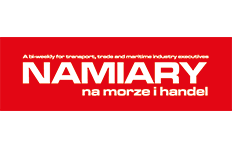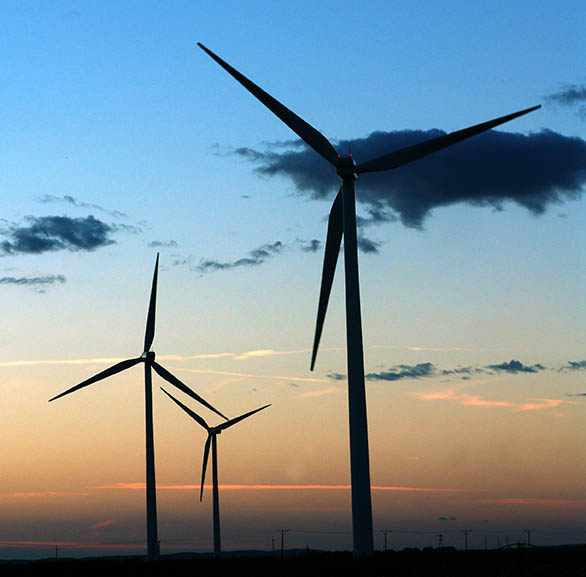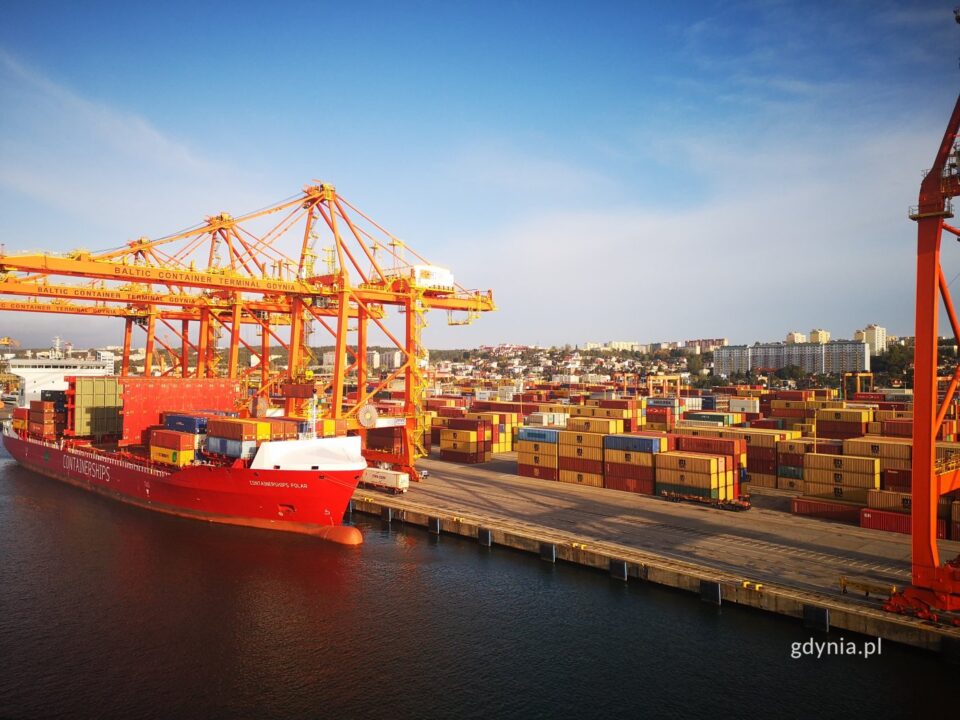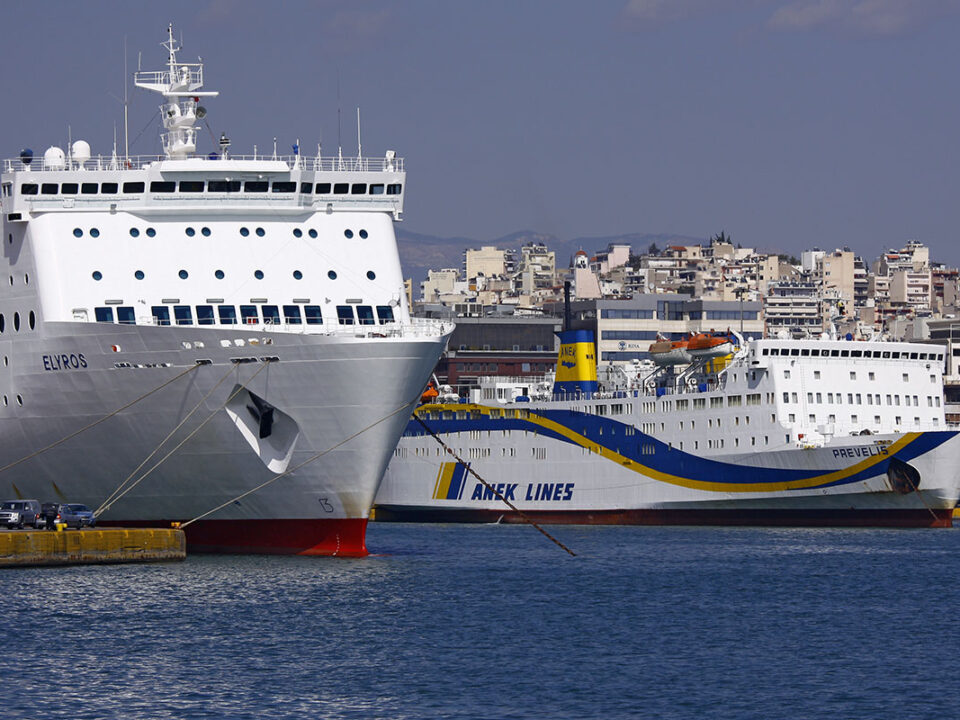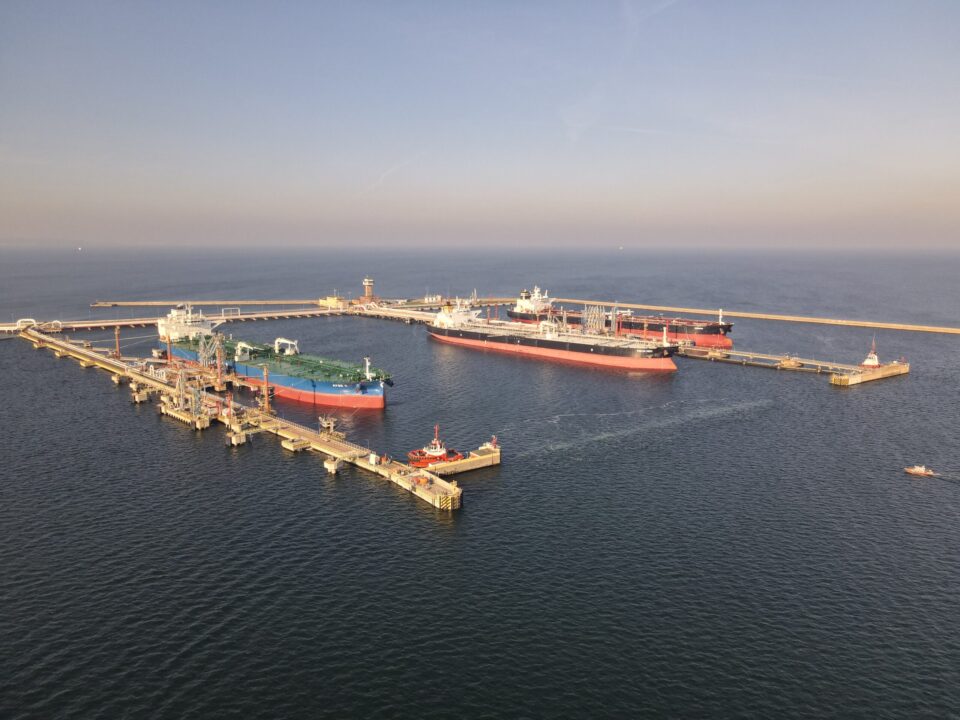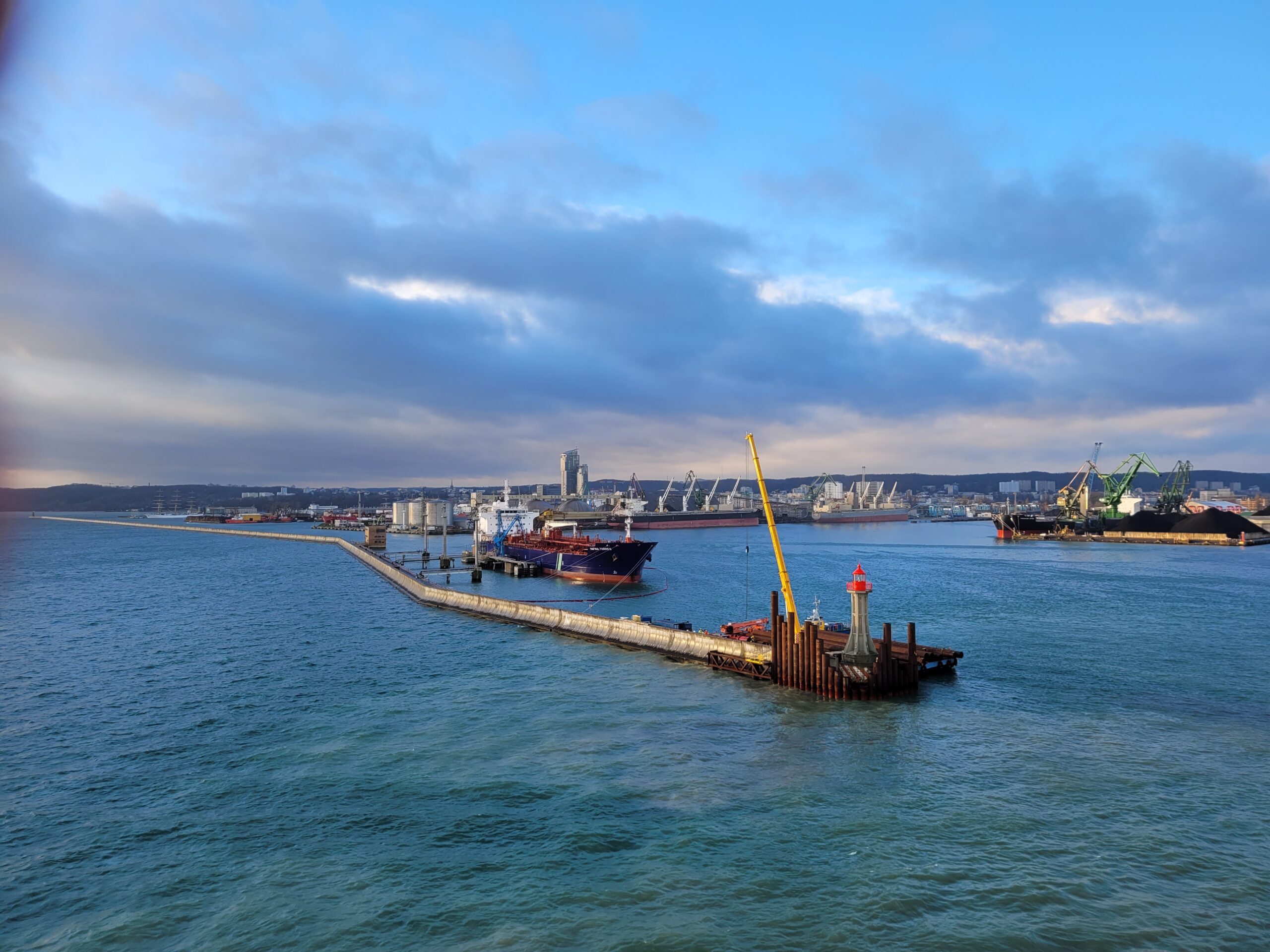
Logistical Kaleidoscope
7 October 2023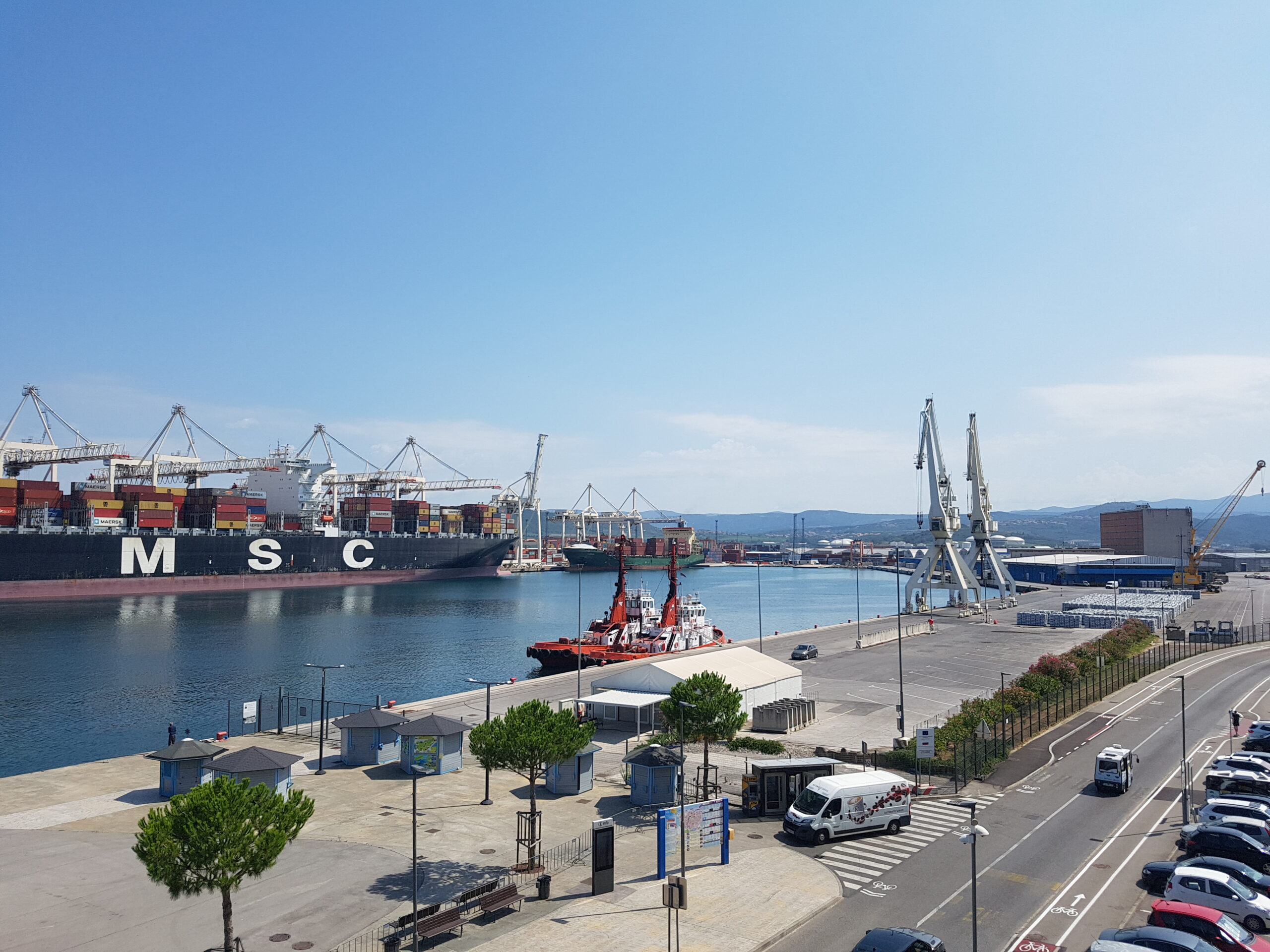
Growing competition for the Baltic Region
13 December 2023Offshore wind energy in Europe faces a number of problems and challenges that will hinder the implementation of such projects. This is beginning to affect Polish ventures as well. The pessimistic scenario assumes even considerable delays in the commissioning of Polish farms and a small participation of Polish companies.
The fact that global macroeconomic factors have a clear and negative impact on local offshore wind power construction plans can be seen in the example of the German company RWE, which delayed the construction of its F.E.W. Baltic II farm precisely because of them. After the changes, this farm constructed according to the first phase of the Polish offshore wind with a capacity of 350 MW will be commissioned before the end of 2030. The aforementioned factors in selected situations meant as much as 40% of capital expenditures, which forced investors to abandon the construction of farms or severely delayed their implementation.
Mariusz Wójcik, director of project development and consulting for offshore wind energy at Ramboll Poland, points out that it is the macroeconomic factors that constitute one of the industry’s global challenges.
– We need to realize that the days of a continuous drop in energy costs from OWFs are over. We must accept that energy from OWFs will become more expensive, but it will continue to be one of the main drivers of the energy transition in Europe and the world. The fundamentals of the offshore industry remain strong and are based on the use of local and independent wind resources, the development of local industry and jobs, the need to increase the share of RES and the replacement of existing fossil fuel-based energy sources – emphasizes a representative of Ramboll Poland.
One estimate is that some 70,000 specialists will be needed for the OWF project. That’s why more and more schools and colleges are being established in the country to train in this field; training courses and programs of developers who finance education for people from other industries are extremely popular. In many cases, such programs do not require the student to take a job with the very company paying for the tuition, and this aspect can be a particular danger. Indeed, at industry conferences and meetings, it is increasingly common to hear concerns that we are creating great employees in the offshore wind industry, but who will not stay in the country, instead going abroad to earn more in foreign companies and on foreign projects. Will this actually happen? Some industry insiders point to the opposite phenomenon.
– At PŻB Offshore, however, for several months we have been receiving inquiries from people from abroad who would like to return to Poland and work locally, as they are tired of emigrating for work and are able to accept lower wages on the condition that they stay close to their families – stresses Radosław Marciniak, president of PŻB Offshore, which is to provide OWE maintenance services. – On the other hand, the local community is present and sees the investments as their chance to gain employment. So, everything is a matter of personal priorities. I think there will be a very interesting and effective mix of diverse experiences, both domestic and foreign, which will be used to the benefit of Polish investments.
The issue of local content in Polish projects is also very important and continues to be raised. The exact principles are spelled out in the September 15, 2021 Agreement for the Development of OWE between the government and private investors. According to the document, in the case of the first, pre-auction phase, local content will therefore amount to 20-30% of the total value in the pre-construction, installation and operation phases. The second, auction phase, on the other hand, is to increase the share of local content to a value of at least 45%. The key in the agreement is 2030, because after that date, MF projects are to have local content with a combined value of 50% in the pre-construction, installation and operation phases. In recent years, investors have made it clear that they seek to offer the maximum participation of Polish companies in their projects; however, for some time now there have been claims that principles are one thing, but the situation will still depend solely on business and market conditions.
Representatives of European companies, with considerable experience in the industry, seem to be particularly reluctant and critical of local content requirements. At the PTSMEW industry conference in September, foreign suppliers were almost unanimous in saying that it would only make sense to cooperate with Polish companies if the business is profitable. They were also critical of possible procurements, where there would be a requirement to use designs created in Poland or to provide work precisely for domestic specialists.
– Such opinions are not new on the market and are mainly due to the desire of foreign entities to secure their interests – comments R. Marciniak. – On the other hand, I have personally heard completely different opinions from Scandinavian entities, so I notice a certain inconsistency here. However, we are in our own backyard and should be the ones to dictate terms. As the experience of Western countries shows, such concerns were also present, but nevertheless many of the local players benefited greatly and expanded their businesses.
M. Wójcik, on the other hand, admitted that Polish suppliers must demonstrate that they meet the high standards and requirements of the offshore industry in terms of quality, safety or management, otherwise they will not be able to compete with foreign suppliers. At the same time, he stresses that Polish companies lack support in the form of bank guarantees, ensuring the ability to participate in proceedings despite the lack of numerous references, access to financing or access to locations prepared for offshore investments.
– We have very good conditions in Poland for the further strengthening of the offshore wind industry, but for this we need a coherent and multifaceted development program for this industry – concludes M. Wójcik.
Article developed with Namiary na Morze i Handel magazine
phot. Namiary na Morze i Handel magazine
